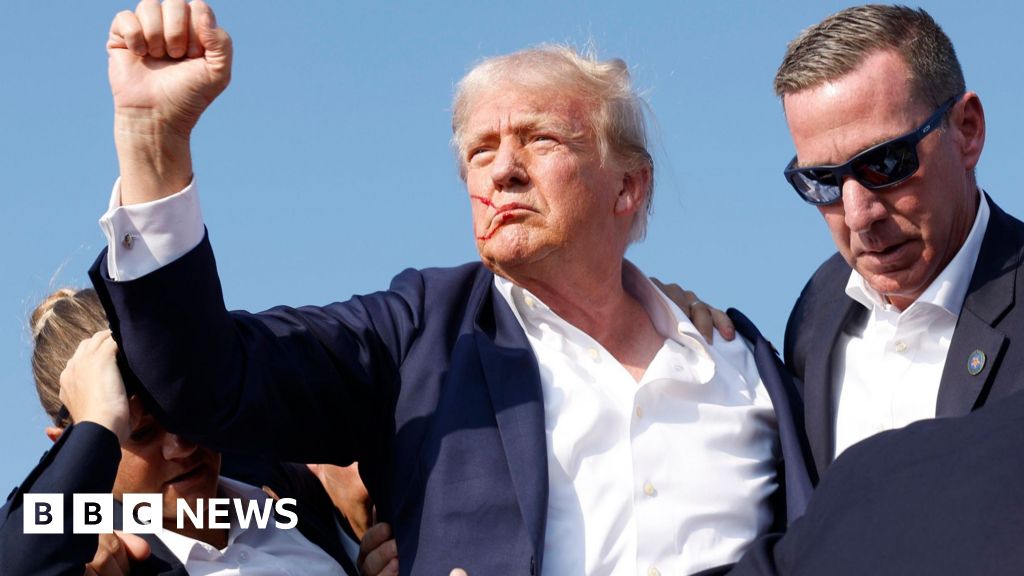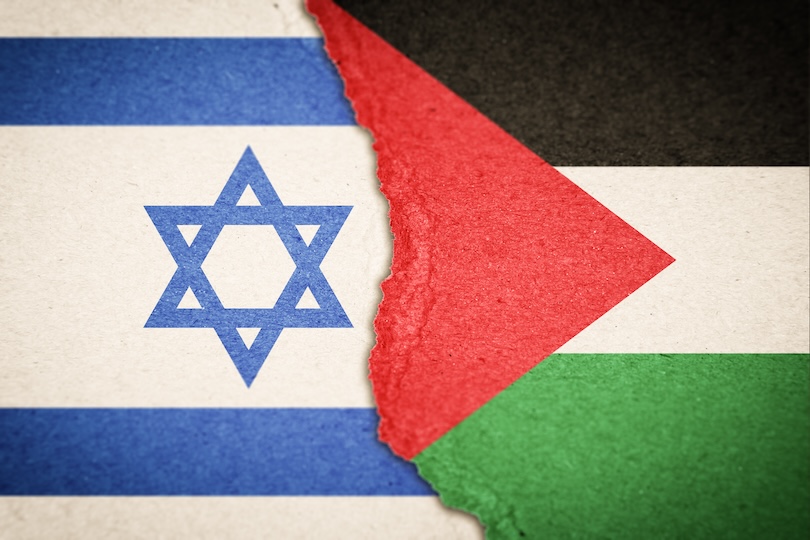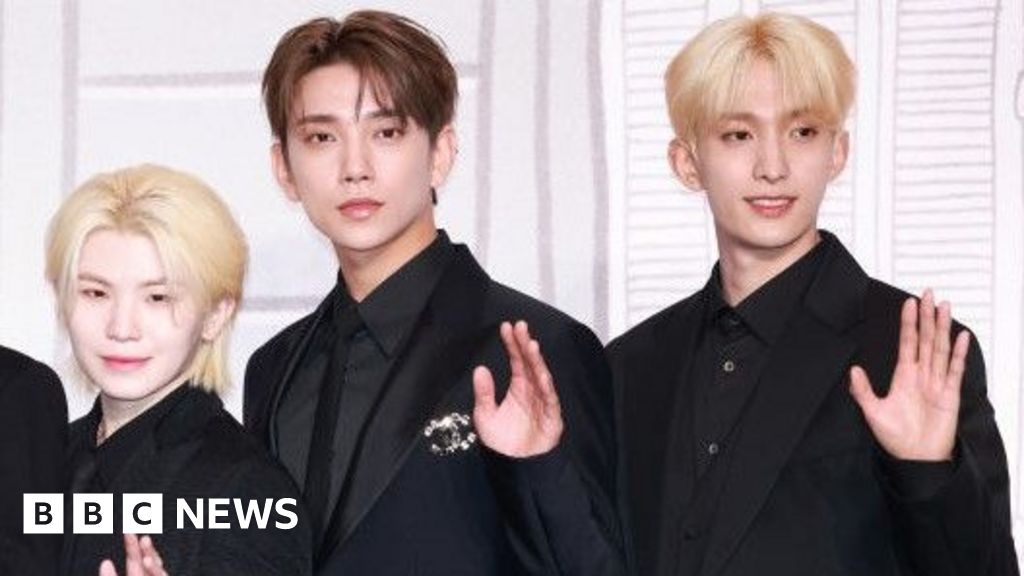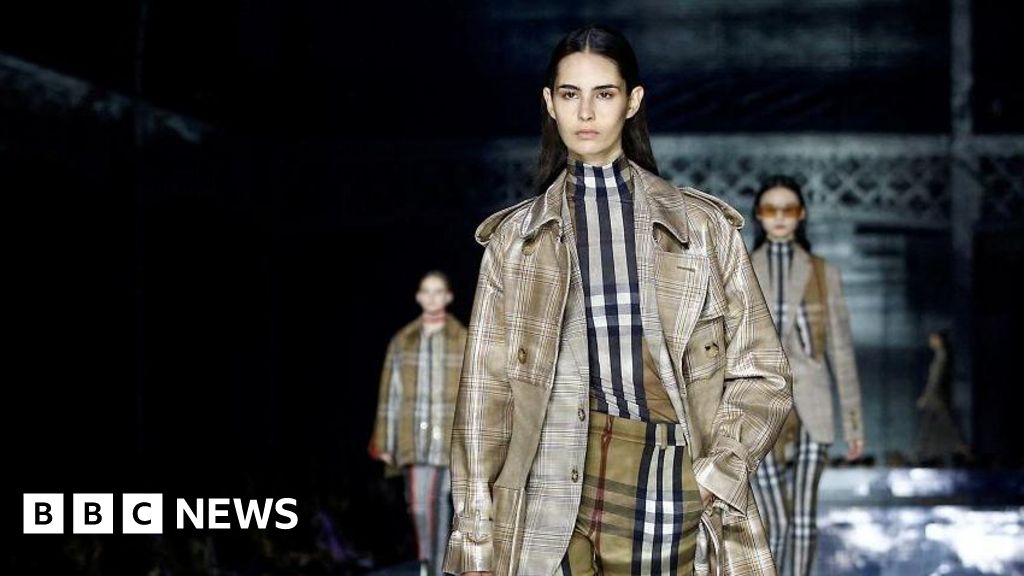The date of July 28th promises to be an important day in Venezuela, a country that has attracted interest and concern both in the region and around the world for quite some time. It will be then that this important Latin American nation will hold a historical presidential election that many believe could be the final opportunity for Venezuelans to start on a path of much-needed national reconciliation, which could provide the means for political appeasement, economic normality, and a more sustained course of development. Venezuela is a country of close to 30 million inhabitants that controls some of the largest global oil reserves. Venezuelan society has been facing complex socio-economic and political challenges for over a decade. And the very possibility of addressing these challenges is centrally dependent on it being able to hold a vote on truly inclusive basis and without foreign interference, which, conversely, is directly contingent upon the way the US government will behave along the way leading up to this potentially historical date, as well as how it will respond to the election’s results. Much is at stake for Venezuela, as well as for Latin America and even the world at large.
Venezuela’s political travails are not new. In fact, though seen in the 1970s as a case of economic and political success that could perhaps provide a model for the whole region, along with its neighbors, Venezuela experienced a series crisis of external debt in the 1980s that provided the justification for a series of neoliberal reforms that shattered the nation’s renown welfare programs. On its part, this process produced widespread discontentment and the demise of the very political pact (Pacto de Punto Fijo), which had allowed for economic inclusion and political democracy in preceding decades. Overall, these experiences opened the way for populist forces to enter the political scenario. Namely, former military commander Hugo Chavez emerged as the most consequential political figure of the last two decades.
Chavez was first elected in 1998, with an ambitious agenda of social reforms that since then has restructured the country’s politics in along a deep cleavage of socialist left vs. radical right. In 2002, he suffered a coup that deepened the political fracture across the country. At first the US government supported the coup, but after it was quickly reversed, they sought to deescalate the situation, including by supporting Brazil’s president Lula’s move to create the Group of Friends of Venezuela, which helped avoid that the critical situation in that neighboring nation deteriorated into some form of violent civil conflict. The Group – integrated by Brazil, Chile, Mexico, Portugal, Spain and the US – was indeed instrumental in assuring some measure of dialogue between President Chávez and the opposition. Since then, Brazil’s popular president has continued to play an important role in helping promote dialogue and reconciliation in Venezuela, and recently Lula, who is back in power in Brazil, urged Chavez’ handpicked successor Nicolas Maduro to hold fair elections this year, as the only path towards starting to address long-standing crisis that country still faces.
A decisive election able to bring together both sides of the deeply polarized Venezuelan society has been expected and hoped for a long time. For one, in 2018 most of the opposition called foul when Maduro was first reelected, leading to a situation where some countries and even regional organizations such as the Organization of American States saw in Juan Guaidó, the President of the National Assembly, as the legitimate president though Maduro was inaugurated in January 2019. In March 2020, the United States proposed a transitional government that would exclude both presidential contenders from the presidency, even though international sanctions against Venezuelan companies – put in place already in 2005 and strengthened in 2019 – remained in place. These include forbidden over 150 Venezuelans companies to do business with US, European Union, and several other countries. Similar sanctions were placed on current and former government officials, members of the military and security forces, and private individuals accused of being involved in human rights abuses, corruption, degradation in the rule of law and repression of democracy.
In response to the sanctions, including assets frozen abroad, in December 2022, three of the four main opposition political parties proposed a plan to dissolve the government and create a commission of five members to manage foreign assets and to plan a new presidential election scheduled for July 2024 to select who would rule the country for the next six years, starting in January 2025. This proposal was rejected by the Maduro’s government, and the possibility of holding a more inclusive and potentially consequential vote only became possible with the so-called Barbados Agreement. Officially known as Partial Agreement on the Promotion of Political Rights and Electoral Guarantees for All, this historical document was signed by the Maduro government and the Venezuelan opposition, organized under the Platform of Democratic Union (Plataforma Unitaria Democrática) in October 2023, in Bridgetown, Barbados, paving the way for finally holding what is still expected to be remarkably fair elections in the country later this month. The United States and European Union celebrated the agreement and started easing some of the sanctions on Venezuela oil, gas and gold sectors, warning that that decisions could easily be reversed should the agreement collapse.
President Nicolás Maduro is running as an incumbent for a possible third term, whereas former diplomat Edmundo González Urrutia is representing the Unitary Platform, the main opposition political alliance. Other leading candidates of the Venezuelan opposition have been disqualified from participating in the election during their campaign or in previous elections. For one, in January 2024, the leading candidate María Corina Machado was barred from participating by the Venezuelan government for alleged political crimes. This move has been regarded by the opposition as violation of political human rights and has been condemned by international bodies like the Organization of American States, the European Union, as well as countries such as Canada, Chile, Colombia, Ecuador, France, Germany, Mexico, Paraguay, the United Kingdom, the United States and Uruguay. Disqualifications notwithstanding, there are still seven other candidates on the run for the presidency.
President Maduro has recently called on Venezuelans who had fled in the last several years – a number estimated in something close to 7 million – to come back to the country to be able to vote. At the same time though, many of those in exile who had attempted to register to vote in Venezuelan consulates abroad have found major bureaucratic challenges towards having their names included in the voting rosters – presumably because at least a good number of them are politically aligned with opposition candidates. In any case, Maduro is not certain to win as close to eighty percent of the population has expressed a desire that the election may provide an opportunity for the country to find a new course, and recent polls have shown a strong favoritism for Gonzalez Urrutia.
To many, there seems to exist a real possibility that Maduro could leave power peacefully. Still, even though all candidates have signed an agreement binding them to respect the results of the contest as announced by electoral authorities, the sitting president has accused the opposition of attempting to rig the upcoming elections in their favor, and recently has decided to rescind an invitation previously made to the European Commission to have election observers sent to the country in July 28th. These developments do not bode well and have led some analysts to expect that Maduro might perhaps even try to emulate Nicaraguan President Daniel Ortega in banning and even jailing opposition candidates in that country’s 2021 presidential election and subsequently eliminated all vestiges of political opposition.
Before too much can be concluded on this point though, it should be highlighted that Venezuela has a democratic potential that Nicaragua lacks. For one, they have appealing national opposition leaders, a robust civil society, a mobilized electorate, and an international community scrutinizing electoral developments. In effect, there are scenarios in which Maduro’s electoral chances might be naturally improved even without resorting to illegitimate courses of actions. The main one involves the level of participation of voters.
Namely, as in previous elections when the opposition abstained, if voting turnout is low, it is expected that Maduro would fare better than if Gonzalez Urrutia’s campaign can manage to so-called bring out the vote. In a situation where the government fails to dampen opposition participation and Maduro loses the election handily and pro-regime supporters might feel compelled to disregard the people’s verdict, lawfare could be deployed – a tactic that increasingly been in used across the region in recent years. But even in the event of a clear and overwhelming opposition victory ratified by election monitors, much of what would come next would depend on how the Venezuelan military leaders were to behave. Would the Venezuelan armed forces, albeit a politicized institution that sustains the regime, carry out orders to violently repress protesters from a president who has just been roundly rejected by the populace?
Should the opposition indeed come out victorious, leaders in friendly countries, such as Lula in Brazil, could play a vital role in prodding Maduro to accept the outcome and initiate a peaceful process of transition. Part of this would also depend on having the new leadership of the country to signal to current regime’s leaders that the today’s ruling United Socialist Party of Venezuela, PSUV, has a role to play in post-election Venezuela. Fortunately, Machado and Gonzalez seem to understand that, notwithstanding Maduro’s deep unpopularity today, the movement begun by his deceased predecessor, former President Hugo Chavez, retains significant support and that governing effectively will require reconciliation between regime supporters and opponents. This could even be an opportunity for the PSUV to remake itself into a mainstream social democratic party along the lines of numerous leftist governments in the Americas and Europe.
All things considered, even though several other domestic and international, public, private, and multilateral actors can abet a course towards democratic revival, economic normalization, and peace in Venezuela, no other player can be as influential in this process as the government of the United States, that country’s historical most important arbiter and though rapidly declining in economic influence, still the hemisphere’s geopolitical hegemon. As mentioned, the United States has imposed targeted sanctions on Venezuelan individuals and companies associated the regime already in 2005. These measures were expanded in the Trump Administration with the intent to expedite a path of transition in that country. Sadly, the result of such an approach was to produce a massive humanitarian crisis that forced millions of Venezuelans to leave their country, as also previously indicated.
Potentially promising, after the Barbados Agreement was put in place, the Biden Administration offered sanctions relief to incentivize the Maduro government to enable a free and fair electoral process. Last April though, many of the sanctions were put back in place as the US government understood that that Maduro was not fully committed to abiding by the clauses stipulated in the Agreement. Asked whether there could be a change in U.S. policy toward Venezuela after the presidential election, a high-level US administration official stated that the response would depend heavily on how the election is conducted. For its part, the U.S. Treasury Department said it would consider specific licenses on a case-by-case basis for companies to operate in Venezuela after broad license had revoked in April.
It is clear therefore that the ultimate course of relations between Venezuela and the US and thus the very future of democracy in Venezuela will depend largely on how the government in the United States will respond to the outcome of the July 28 vote. Interestingly, though it continues to be a very unbalanced relation, Venezuela also has some cards to play in the equation, beyond oil exports to the US. In fact, much of rise in immigrant crossing in the US southern in recent years consisted of exiled Venezuelans. This trend has already impacted the domestic political dynamics in the US and is likely to further influence the political debates leading up to the US own presidential election in November.
This is to say that at least some of the motivation from the Biden administration to support the current electoral process in Venezuela derived from its need to try to find a way to reduce the pressures on the Mexican border. This partially self-motivated move can either serve as a strong motivation to stay the course or rather, lead to growing frustrations that could culminate in a potential non-recognition of the results, should Maduro win. Some have speculated that the idea of refusing to acknowledge a victory of the current Venezuelan president has been the US plan intention all along. It is hard to be categorical on the matter and there seems to be still political maneuvering space for a more constructive path. In effect, voices inside the US have consistently proposed a balanced course of response from Washington. In addition to not over doing the reimposition of economic sanctions, there seem to be surprising levels of agreement in a deeply divided Congress that holding elections this month is the best feasible path forward.
Whether the outcome of the July 28 vote will lead to a path towards national reconciliation or to further polarization will depend at least in part on how Venezuelans elites chose to conduct the election and accept its results. At the same, it is undeniable that other countries can certainly play an important role in this process. This is particularly true in the case of the United States. And thus, how the US government chooses to behave in the next four weeks will have enormous consequences in Venezuela’s near future, with associated impacts across Latin America and even beyond.

 Movie
Movie 1 week ago
17
1 week ago
17 





![Presidents Day Weekend Car Sales [2021 Edition] Presidents Day Weekend Car Sales [2021 Edition]](https://www.findthebestcarprice.com/wp-content/uploads/Presidents-Day-Weekend-car-sales.jpg)



 English (United States)
English (United States)